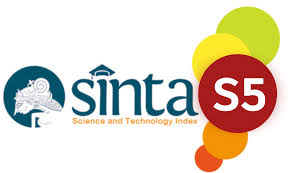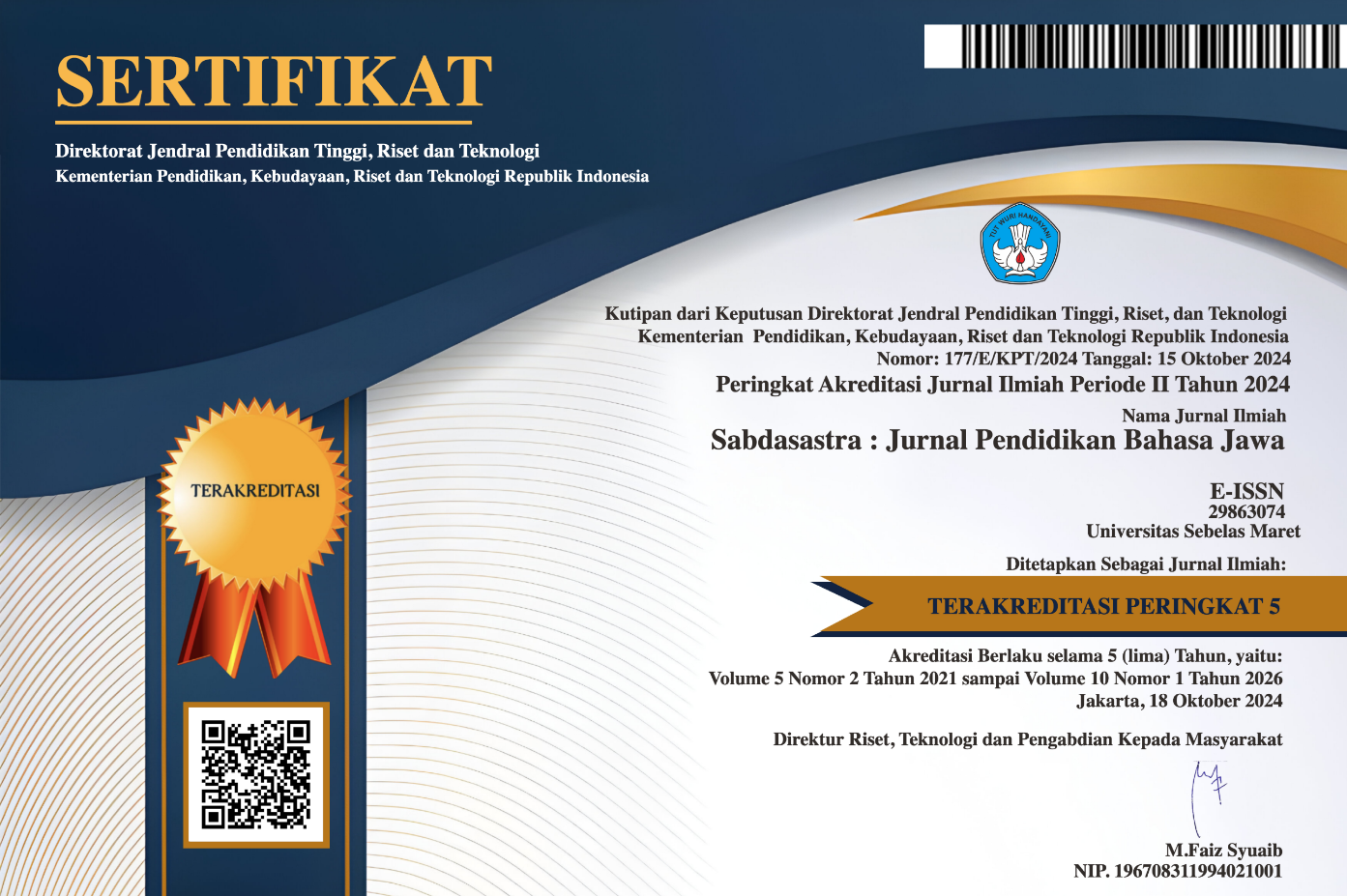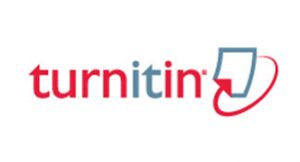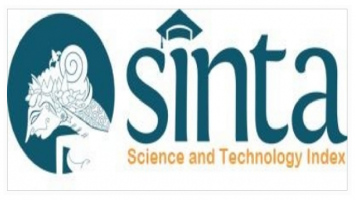KORELASI KESULITAN BELAJAR BAHASA JAWA TERHADAP HASIL BELAJAR PADA SISWA KELAS VIII SMP IT NUR HASAN BOYOLALI
Abstract
The purpose of this research were: (1) To determine the effect of learning difficulties in Javanese language on learning outcomes in class VIII students of SMP IT Nur Hasan Boyolali simultaneously. (2) To determine the effect of learning difficulties in Javanese on learning outcomes in class VIII students of SMP IT Nur Hasan Boyolali partially. This research uses descriptive quantitative method. The population from this research is all students of class VIII SMP IT Nur Hasan Boyolali. Samples were taken using probability sampling techniques by means of simple random sampling. The amount of samples in this research were 119 respondents. The data collection techniques used were questionnaires and documentation. The analysis prerequisite tests used in this research including: normality, multicollinearity, heteroscedasticity and autocorrelation. The data analysis technique used is multiple regression analysis. Based on the results of the research, it can be concluded that: (1) There is a significant positive influence between the variables of learning difficulties in Javanese which consist of physiological, psychological, family, community and school environment on learning outcomes in class VIII students of SMP IT Nur Hasan Boyolali. (2) Based on the results of the analysis, simultaneously the physiological, psychological, family, community and school environment variables have a significant effect on learning outcomes in class VIII students of SMP IT Nur Hasan Boyolali. (3) Based on the results of the analysis, partially the physiological, psychological, family, community and school environment variables have a significant effect on learning outcomes in class VIII students of SMP IT Nur Hasan Boyolali.(4) The result of the regression line equation states that physiological variables have a coefficient of 0.549, psychological variables have a coefficient of 0.245, family variables have a coefficient of 0.257, community variables have a coefficient of 0.289 and school environment variables have a coefficient of 0.206. Therefore, physiological variables have the greatest contribution to learn outcomes in class VIII students of SMP IT Nur Hasan Boyolali.(5) The magnitude of the influence of physiological, psychological, family, community and school environment variables as seen from the Adjusted R square is 0.55.5. This means that 55.5% of learning outcomes can be explained by these six variables. While the rest (100% - 55.5% = 44.5%) is explained by other variables.
Keywords
Full Text:
PDFReferences
Asriyanti, Frita D dan Indah, Sri Purwati. 2020. Analisis Faktor Kesulitan Belajar Ditinjau dari Hasil Belajar Matematika Siswa Kelas V Sekolah Dasar. Sekolah Dasar: Kajian Teori dan Praktik Pendidikan. Vol.29, No.01: Mei 2020. Arifin, Zainal. 2009. Evaluasi Pembelajaran. Bandung: PT. Remaja Rosdakarya Djamarah, Syaiful Bahri. 2011. Psikologi Belajar. Jakarta: PT. Rineka Cipta. Djamarah, S B & Zain, A. 2006. Strategi Belajar Mengajar. Jakarta: PT. Rineka Cipta. Fadil, Moh. Lutfi. 2015. Faktor-Faktor yang Mempengaruhi Kesulitan Belajar pada Mata Pelajaran Otomatisasi Perkantoran Kelas X Program Studi Administrasi Perkantoran di SMK Negeri 1 Kendal. Economic Education Analysis Journal. Vol. 04, No. 02: Agustus 2015. Irham, M. & Wiyani, A.N. 2013. Psikologi Pendidikan. Yogyakarta: Ar-Ruzz Media Ixganda, Okxy dan Suwahyo. 2015. Analisis Deskriptif Faktor Penyebab Kesulitan Belajar. Jurnal Pendidikan Teknik Mesin. Vol.15, No.02: Desember 2015 Mulyadi. 2010. Diagnosis Kesulitan Belajar & Bimbingan Kesulitan Belajar Khusus. Yogyakarta: Nuha Litera. Munirah. 2018. Peranan Guru dalam Mengatasi Kesulitan Belajar Siswa. Jurnal Tarbiyah. Vol. 3, No. 2: Desember 2018 Rifa’i, A. & Anni, C.T. 2015. Psikologi Pendidikan. Semarang: UNNES Press. Slameto. 2015. Belajar & Faktor-Faktor yang Mempengaruhinya. Jakarta: Rineka Cipta. Susanto, A. 2013. Teori Belajar dan Pembelajaran di Sekolah Dasar. Jakarta: Prenadamedia Group.
Refbacks
- There are currently no refbacks.










